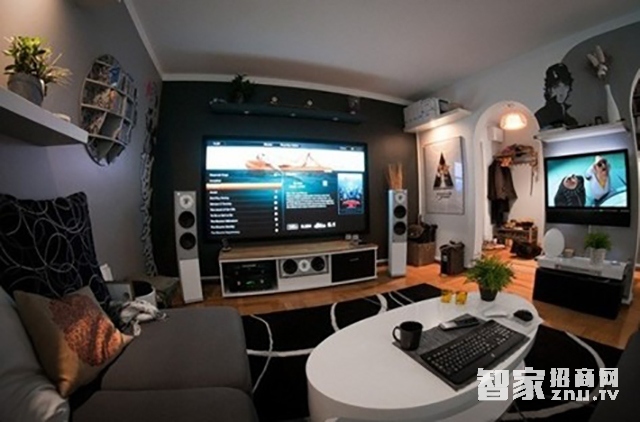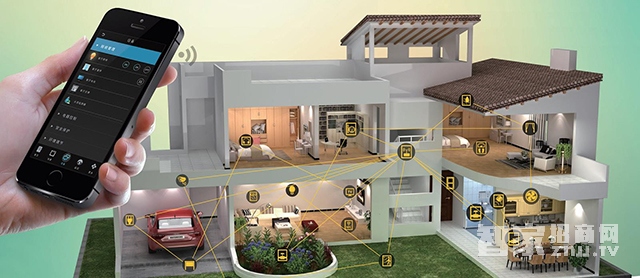With the rapid advancement of technology, smartphones have become ubiquitous, and along with them, "intelligent" devices are increasingly catching people's attention. Among these, smart home products, thanks to their convenience and security, have garnered significant consumer interest. But how long do these smart home products typically last? Let’s take a closer look.
Smart Home Product Lifespan
1. Warranty Period
The standard warranty period is generally one year. Some manufacturers offer extended warranties if you choose to purchase additional coverage.

2. Late Replacement
The lifespan of smart home products depends on whether you’re using a wireless or wired system. Wireless products tend to have a shorter lifespan compared to their wired counterparts.
3. Performance-Boosting Features
Zigbee protocol-based products are currently considered the most advanced and secure communication method in smart homes. As the only internationally recognized smart home protocol, Zigbee offers numerous advantages: sleek designs that blend well with home decor, low energy consumption, lightweight hardware, high security with multiple layers of protection, and an auto-sleep feature that minimizes continuous operation when not needed. These features contribute significantly to extending the product's lifespan.
How to Extend the Life of Your Smart Home Products
1. Regularly Close Background Applications
When using smart home devices, we often keep multiple apps running simultaneously. However, simply closing these apps doesn’t mean they stop consuming resources—they continue to run in the background. Over time, this can lead to a decrease in system memory, causing performance issues or even system crashes. Make sure to regularly check and terminate unnecessary background processes.

2. Manage System Waste to Maintain Smooth Operation
After prolonged use, smart home systems accumulate junk files, leftover installation packages, cache data, and other remnants from various applications and updates. These can slow down your device’s performance and reduce its efficiency. Developing good habits like frequently clearing out unused apps, removing residual files from uninstalled programs, and decluttering the system can help maintain optimal functionality.
Despite ongoing efforts to standardize the smart home industry, the lifespan of each product remains largely dependent on the warranty policies set by individual manufacturers. By taking proper care—such as regular system cleanups, ensuring safe charging practices, and updating firmware—you can enjoy reliable use for several years. And while you may need to replace certain components over time, the overall experience can still be quite satisfying.
If you’d like to learn more about smart homes or share your thoughts, feel free to leave a comment below!
Related Suggestion:
A. Why is smart home新零售 (new retail) gaining so much traction?
Recommended: Smart Home Network | Smart Home Channel
---
With the increasing integration of technology into our daily lives, smart home products are becoming indispensable. Whether it’s Zigbee’s cutting-edge security protocols or simple tips like managing background apps, there are plenty of ways to maximize the longevity of your smart home devices. By staying informed and maintaining your devices properly, you can ensure they remain functional and efficient for years to come.
Fire Proof Silicone Glass Fiber Braided Hose
Fire Proof Silicone Glass Fiber Braided Hose,Fire Resistant Cable Sleeves,Heat Resistant Sleeves,Heat Resistant Cable Sleeve
Shenzhen Huiyunhai Tech.Co., Ltd. , https://www.cablesleevefactory.com